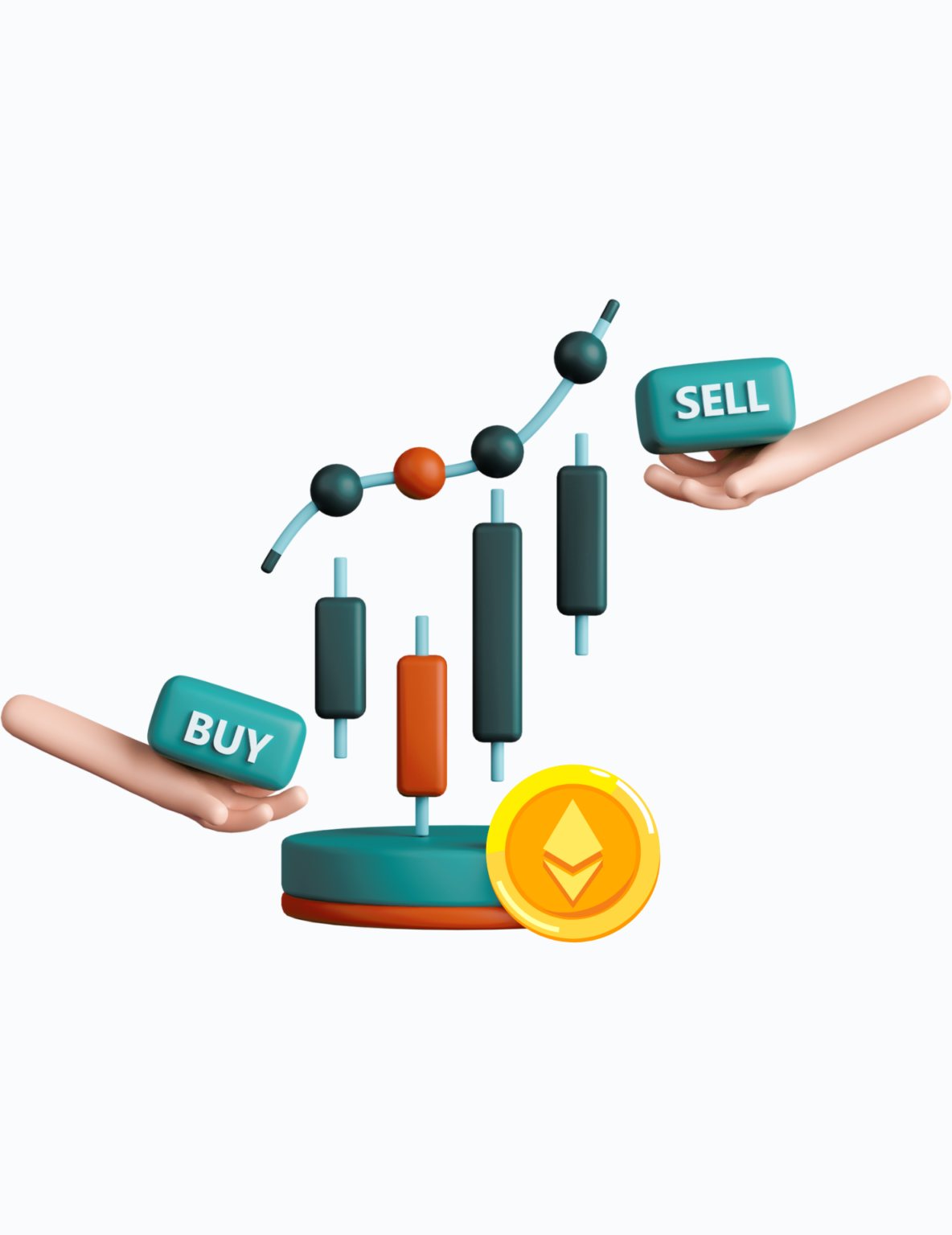DeFi trading, short for decentralized finance trading, is a revolutionary way to buy and sell cryptocurrencies without the need for traditional brokers or exchanges. This innovative approach allows users to trade directly with each other through smart contracts and liquidity pools, making the process more efficient and accessible.
For beginners, navigating the world of DeFi trading can seem daunting at first. Concepts like liquidity pools, automated market makers (AMMs), and risk management may be unfamiliar territory. However, with the right guidance, anyone can start trading in DeFi with confidence.
In this comprehensive guide, we will break down the fundamentals of DeFi trading, highlight the advantages and limitations, discuss the regulatory landscape, and provide a step-by-step guide to help you get started. Whether you are new to the world of cryptocurrency or looking to explore DeFi trading, this article will serve as your roadmap to success.
What is DeFi Trading?
DeFi trading involves buying and selling cryptocurrencies on decentralized platforms without the need for intermediaries like brokers or exchanges. Instead of relying on centralized systems, DeFi enables direct peer-to-peer trading using blockchain technology.
How Does it Work?
In DeFi trading, Automated Market Makers (AMMs) and liquidity pools play a crucial role in facilitating trades. Unlike traditional exchanges that use order books, AMMs use liquidity pools to automatically match buyers and sellers. Liquidity providers contribute assets to these pools and earn a share of the trading fees in return.
AMMs rely on smart contracts to set asset prices based on supply and demand, ensuring efficient and automated trading. This eliminates the need for human intervention and provides a seamless trading experience for users.
Advantages and Limitations
One of the key advantages of DeFi trading is lower fees and faster transactions, as intermediaries are eliminated from the process. Additionally, DeFi trading is globally accessible to anyone with an internet connection.
However, DeFi trading also has limitations, such as high gas fees on platforms like Ethereum and slower transaction speeds during network congestion. Solutions like Layer 2 scaling and cross-chain trading are being developed to address these challenges and improve the scalability of DeFi.
Risks of DeFi Trading
While DeFi trading offers opportunities for profit, it also comes with risks that traders should be aware of. Smart contract vulnerabilities, market volatility, liquidity risks, and impermanent loss are some of the common risks associated with DeFi trading. By understanding these risks and implementing risk management strategies, traders can protect their assets and minimize potential losses.
Regulatory Landscape of DeFi
DeFi operates in a complex regulatory environment, with regulators increasingly focusing on the industry. While DeFi platforms offer decentralized services, they are not immune to regulatory scrutiny. Compliance with anti-money laundering (AML) and know-your-customer (KYC) regulations is becoming a priority for DeFi projects to ensure legal compliance.
As regulations evolve, DeFi projects will need to strike a balance between compliance and maintaining the decentralized nature of their platforms.
How to Start DeFi Trading: A Step-by-Step Guide
To start DeFi trading, you will need a crypto wallet to store your assets and interact with DeFi platforms. Popular wallets like MetaMask and Trust Wallet are recommended for seamless trading experiences. Connecting your wallet to a decentralized exchange (DEX) like Uniswap or SushiSwap will allow you to trade directly from your wallet.
Selecting asset pairs, monitoring gas fees, and securing your assets are essential steps in the trading process. Tools like Zapper and DeBank can help you track your portfolio and manage your assets effectively.
FAQ
- How do DeFi traders make money?
DeFi traders can make money through trading, providing liquidity to DEXs, yield farming, and staking. - What is the best DeFi platform?
The best DeFi platform depends on individual preferences and goals, with platforms like Uniswap, Aave, and Chainlink being popular choices. - What are the top wallets for DeFi?
Top wallets for DeFi trading include MetaMask, Trust Wallet, and Ledger, offering secure storage and support for multiple blockchains.In conclusion, DeFi trading offers a new and innovative way to trade cryptocurrencies, providing users with greater control and transparency. By understanding the fundamentals of DeFi trading, managing risks effectively, and staying informed about regulatory developments, traders can navigate this evolving landscape with confidence.

